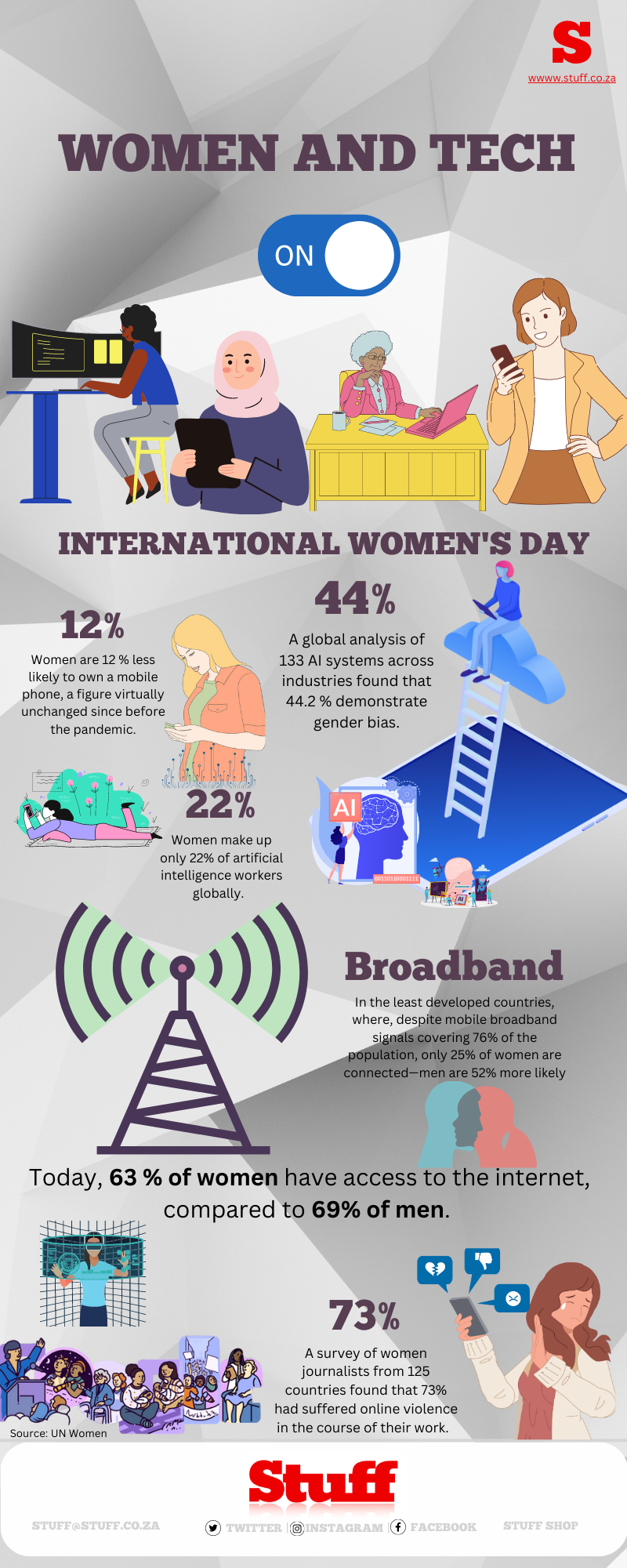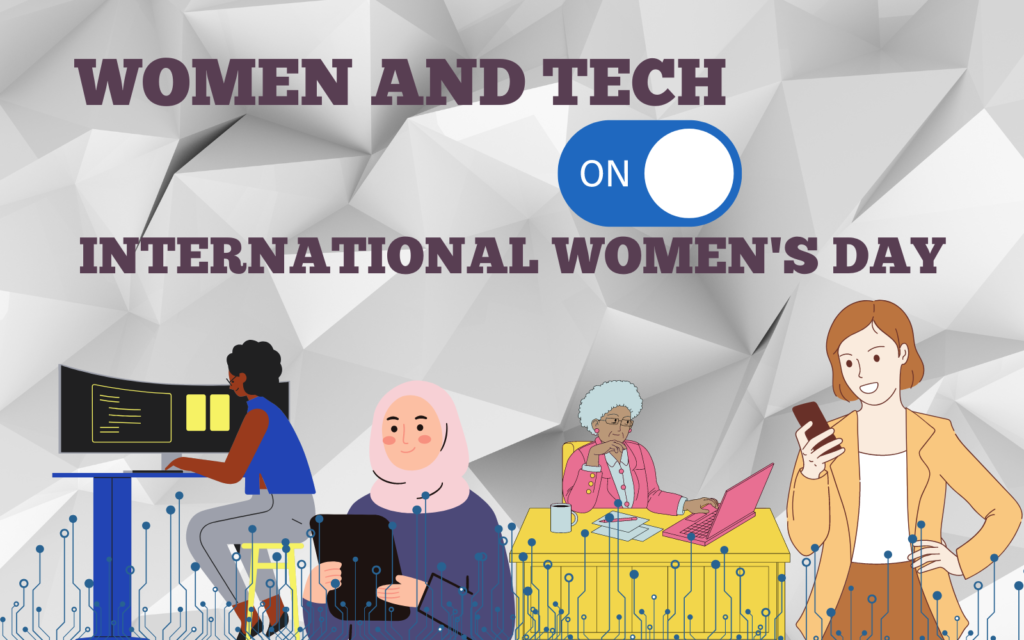As technology continues to advance, it has also done to women what most major global advancements have done in the past. The world, which seems to thrive in today’s digital age, is leaving women and their interests behind.
“The digital divide has become the new face of gender inequality, which has become compounded by the pushback against women and girls, that we see in the world today,” says Sima Bahous, UN Women’s Executive Director.
As the world observes International Women’s Day on Wednesday, March 8th, the UN is calling on the world to make the digital world safer, more inclusive, and more equitable for women around the world.
“Women and girls remain underrepresented across the creation, use, and regulation of technology,” says UN Women.
The United Nations (UN) is calling the tech inequality and bias against women a ‘glitch in the system’.
Although technology has advanced the lives of women and girls around the world, there’s simply just not enough being done by governments, businesses, non-governmental organisations, and the tech industry to help them reap the best of what technology has to offer.
“Today, a persistent gender gap in digital access keeps women from unlocking technology’s full potential. Their underrepresentation in STEM education and careers remains a major barrier to their participation in tech design and governance,” says UN Women.
Read More: Artificial Intelligence has a gender bias problem – just ask Siri
Women around the world continue to face online gender-based violence, with little legal support for recourse. This, according to the UN, often forces women out of the digital spaces they occupy.
“They are less likely to use digital services or enter tech-related careers, and significantly more likely to face online harassment and violence,” it says.
This year, the UN has called on more support to ensure gender equity in technology.
“Allow technology to widen existing disparities and further concentrate power in the hands of the few, or put it to work on behalf of a safer, more sustainable, more equitable future for all,” says the UN.


